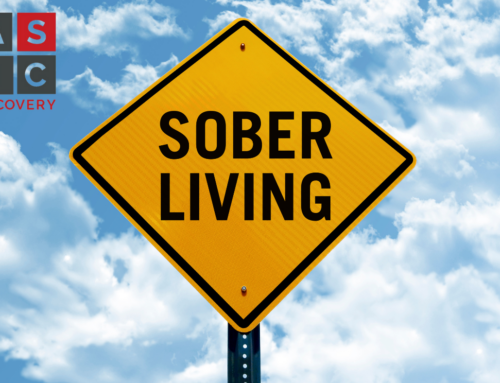Dialectical Behavior Therapy (DBT) has emerged as a highly effective treatment for those battling addiction and associated mental health issues.
Developed in the late 1980s by psychologist Marsha M. Linehan, DBT was initially intended to treat borderline personality disorder. However, its application has broadened significantly due to its effectiveness in helping individuals develop healthy ways to cope with stress, regulate emotions, and improve relationships.
DBT combines cognitive-behavioral techniques with mindfulness practices derived from Eastern meditative traditions. It’s particularly effective in addiction treatment because it addresses the root causes of addiction, including emotional and psychological triggers, helping individuals gain control over their behaviors by increasing their emotional and situational awareness.
Who Benefits from DBT?
DBT is an inclusive therapy that caters to a wide array of individuals, especially those dealing with high emotional dysregulation or those who have had limited success with other therapy forms.
It is exceptionally effective for people battling substance addiction, as it tackles impulse control and emotional triggers associated with substance abuse. Additionally, DBT can be transformative for individuals with dual diagnoses, such as those suffering from both addiction and mental health disorders like depression, anxiety, or borderline personality disorder.
This therapy provides a structured environment that fosters recovery and personal growth.

Benefits of DBT in Addiction Recovery
Dialectical Behavior Therapy (DBT) is particularly valuable in addiction recovery due to its comprehensive approach to managing behaviors, emotions, and thoughts. DBT helps individuals develop better-coping mechanisms, crucial for sustaining long-term sobriety.
The therapy’s focus on mindfulness encourages patients to stay present and engaged, reducing the likelihood of relapse by helping them healthily deal with stress and triggers. Here’s how:
What Mental Health Issues DBT Can Help With
DBT is versatile and effective for treating a wide range of mental health issues beyond addiction. It is particularly beneficial for individuals dealing with borderline personality disorder, major depression, post-traumatic stress disorder (PTSD), anxiety disorders, and eating disorders.
DBT helps by providing individuals with strategies to manage distress, reduce the intensity of emotional pain, and improve overall emotional and psychological well-being. This makes it a preferred choice for those who require a multifaceted approach to mental health treatment.
Techniques Used in DBT
DBT incorporates various techniques tailored to each patient’s specific needs, facilitating personal development and recovery. Techniques such as individual therapy sessions focus on personal challenges and growth, while group therapy provides a support network and helps individuals learn from the experiences of others.
ASIC Recovery also integrates virtual therapy options, ensuring continuous support and flexibility. Key components like mindfulness teach patients to control their thoughts and emotions in real time, while emotional regulation and distress tolerance skills help mitigate the urge to revert to destructive behaviors.
The Role of Emotion Regulation in DBT
Emotion regulation is a fundamental aspect of DBT and is particularly vital for those in addiction recovery. This technique empowers individuals to manage and endure intense emotions without reverting to substance use.
Effective emotion regulation contributes to improved decision-making, reduces the chances of relapse, and enhances overall mental health. By understanding and implementing these strategies, individuals can experience a significant transformation in handling stress, conflict, and the challenges of daily life.
Building Healthy Relationships with DBT’s GIVE Method
The GIVE method within DBT is a crucial component designed to foster healthier interpersonal interactions and strengthen relationships. This method teaches individuals to be Gentle in their communications, show Interest in others’ feelings and thoughts, Validate others’ experiences, and maintain an Easy Manner.

Choose ASIC Recovery for DBT in Dallas-Fort Worth
ASIC Recovery is a leader in providing DBT and other advanced therapeutic techniques in the Dallas-Fort Worth area. Our commitment to offering tailored, evidence-based treatment solutions makes us a top choice for individuals seeking effective recovery from addiction and mental health challenges.
Our experienced team of professionals is dedicated to supporting each client through their unique recovery journey. Our robust framework certifies a wide range of insurance policies, ensuring that high-quality treatment is accessible and affordable.
Choose ASIC Recovery for your DBT needs and take the first step towards a healthier, more balanced life.



